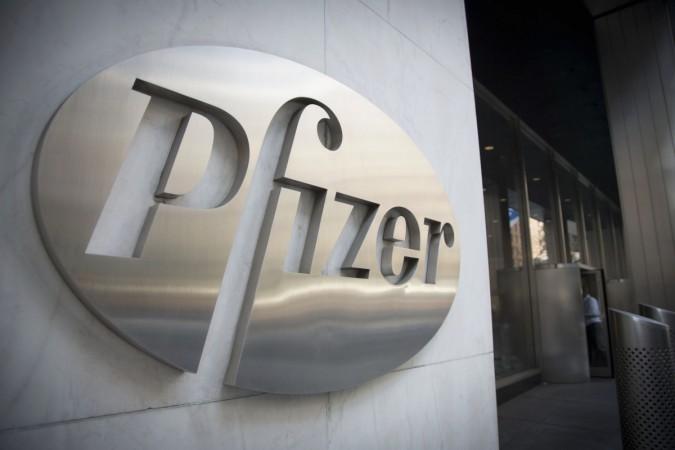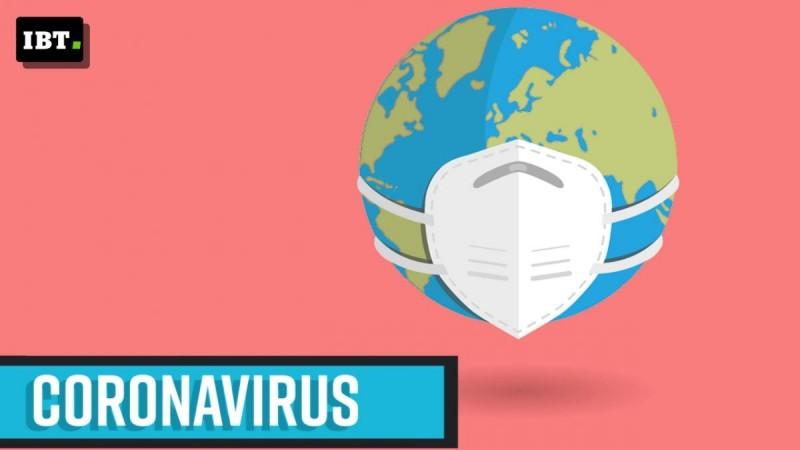COVID-19 pandemic is the worst health crisis in recent history, which started earlier this year, but feels like we've been dealing with it for a long time. With no effective vaccine to prevent COVID-19 infections, there's no end of the pandemic in sight. But there's a ray of hope at last and it's from US-based pharma company Pfizer Inc and German biotech company BioNTech.
Pfizer and BioNTech announced mRNA-based covid vaccine candidate, BNT162b2 for coronavirus, which is proven to be quite effective against COVID-19 in participants. Going by the first interim efficacy analysis conducted on November 8, 2020 by an external, independent Data Monitoring Committee (DMC), the COVID-19 vaccine is found to be more than 90 percent effective.
"Vaccine candidate was found to be more than 90% effective in preventing COVID-19 in participants without evidence of prior SARS-CoV-2 infection in the first interim efficacy analysis," Pfizer said in a statement.

Great day for science and humanity
With such effectiveness in combating the deadly, contagious virus, Pfizer could finally be able to put an end to this pandemic, which has brought the world to a standstill. This is also the first successful data from a large-scale clinical trial of a COVID-19 vaccine. The phase 3 of the vaccine started in July and the latest results were based on data gathered from 43,538 participants to date, 38,955 of whom have received a second dose of the vaccine candidate as of November 8, 2020.
Pfizer found no serious safety concerns with the vaccine and plans to seek emergency use authorisation in the US from later this month. As for productions, the company expects to produce up to 50 million vaccine doses in 2020 and upto 1.3 billion doses in 2021 globally.

Commenting on the successful vaccine trial, Dr. Albert Bourla, Pfizer Chairman and CEO, called this to be a "great day for science and humanity."
"We are reaching this critical milestone in our vaccine development program at a time when the world needs it most with infection rates setting new records, hospitals nearing over-capacity and economies struggling to reopen. With today's news, we are a significant step closer to providing people around the world with a much-needed breakthrough to help bring an end to this global health crisis. We look forward to sharing additional efficacy and safety data generated from thousands of participants in the coming weeks," Dr Bourla added.

















